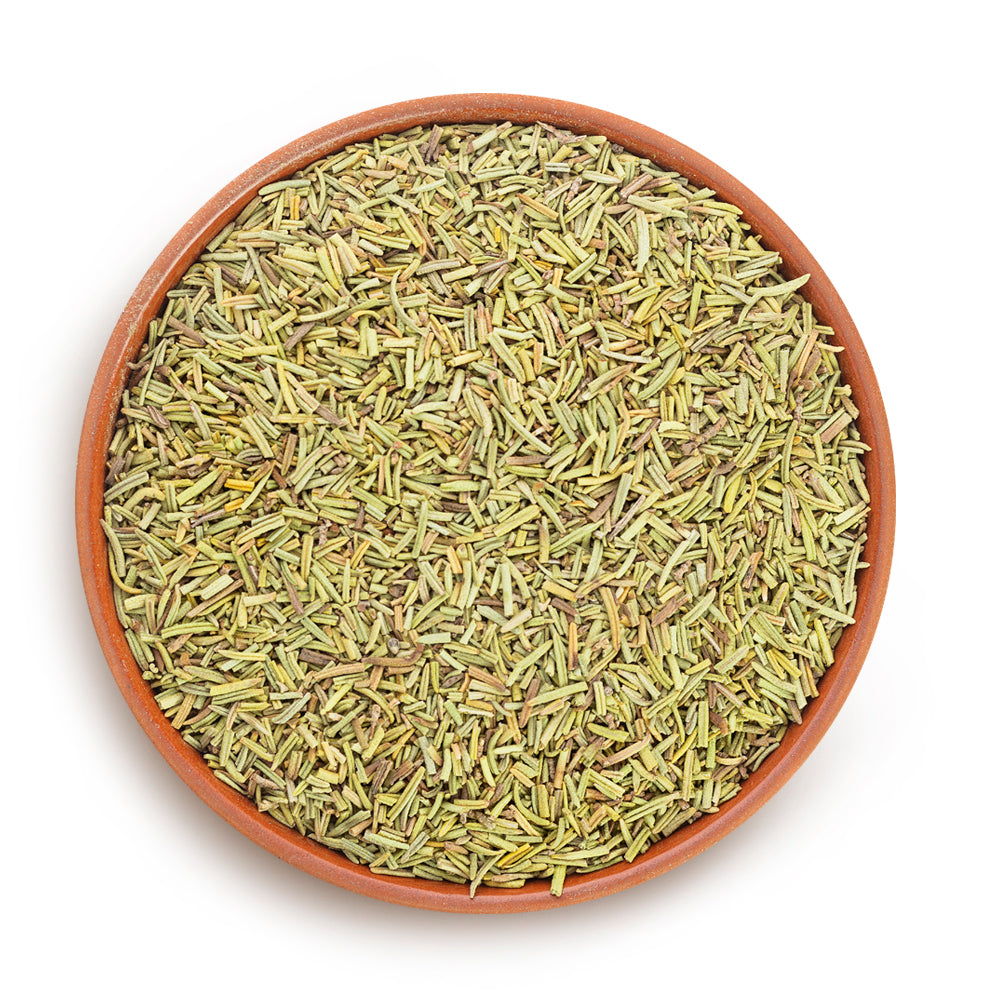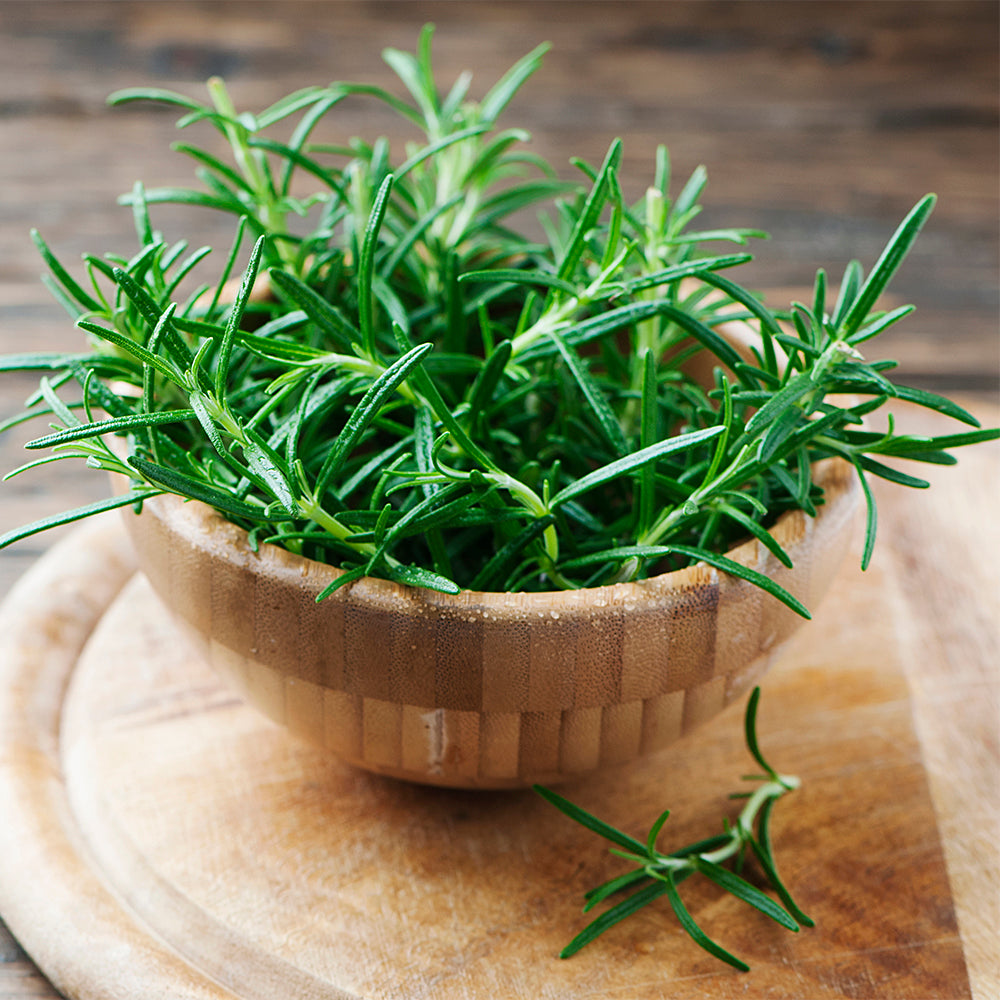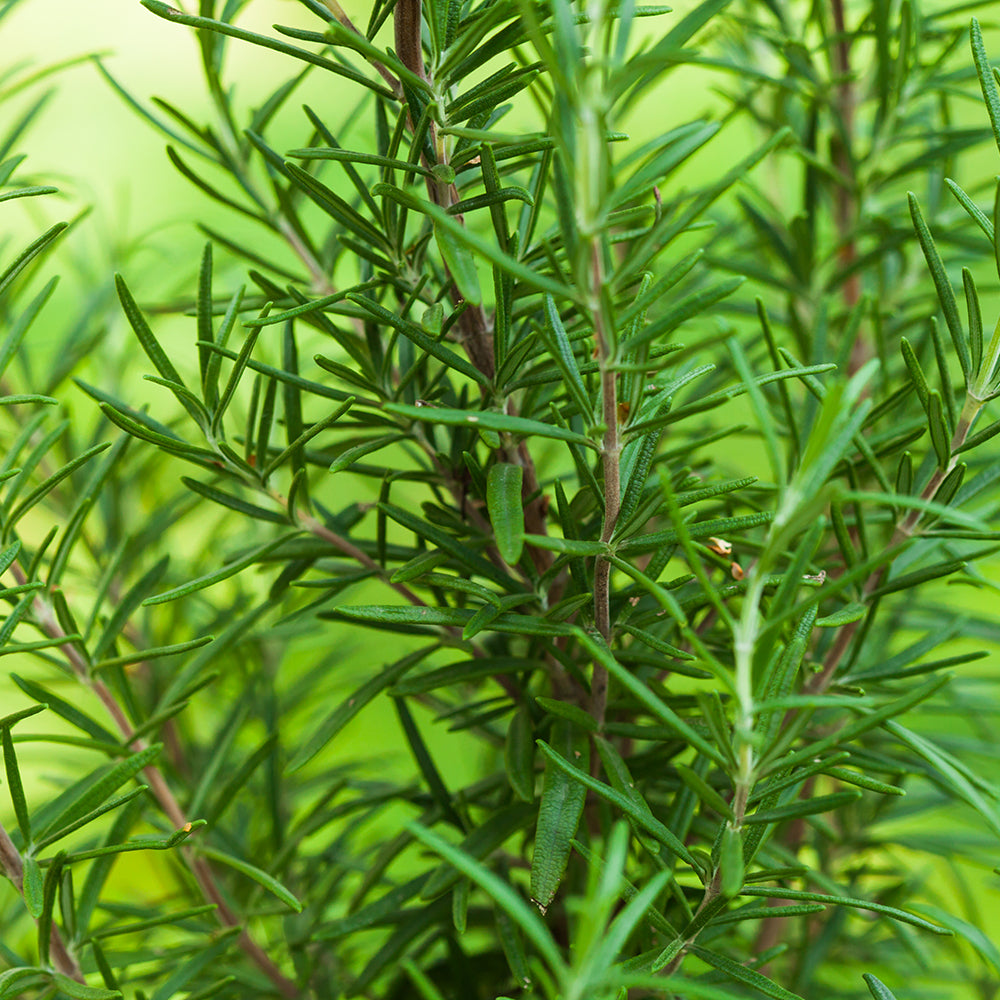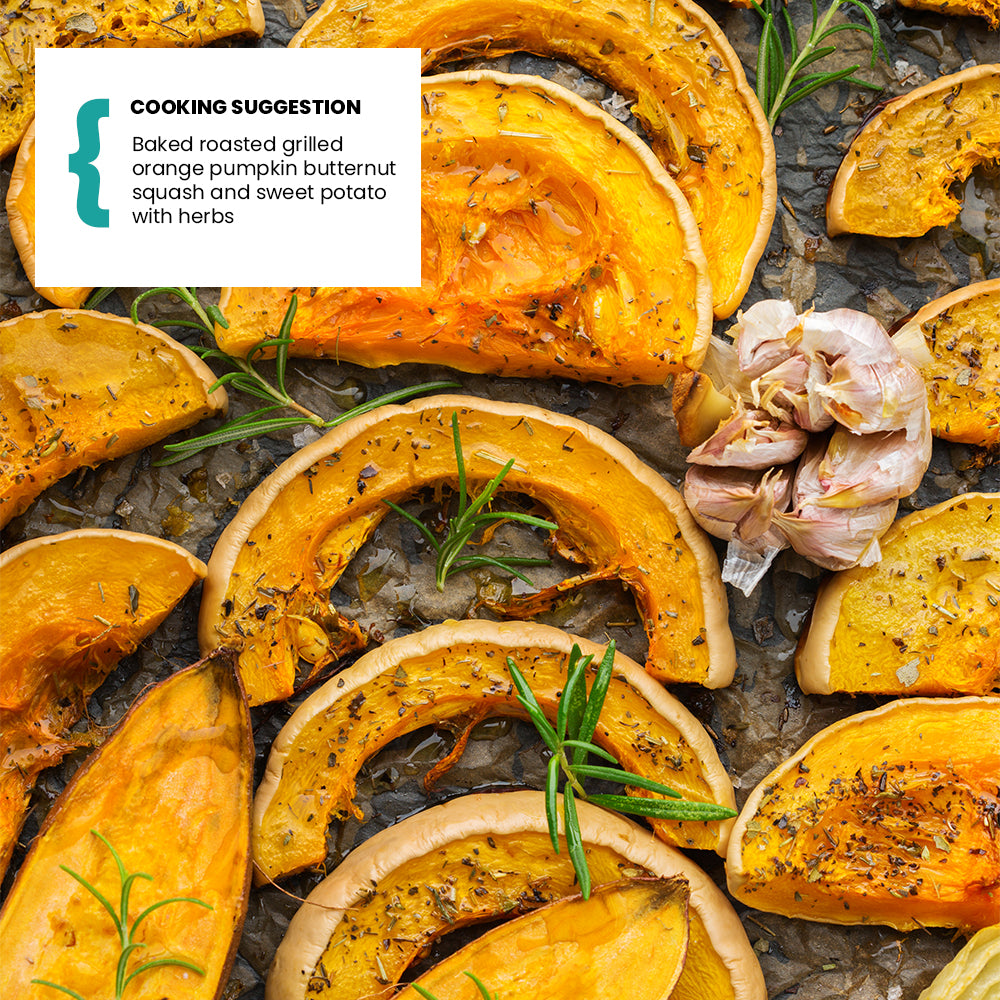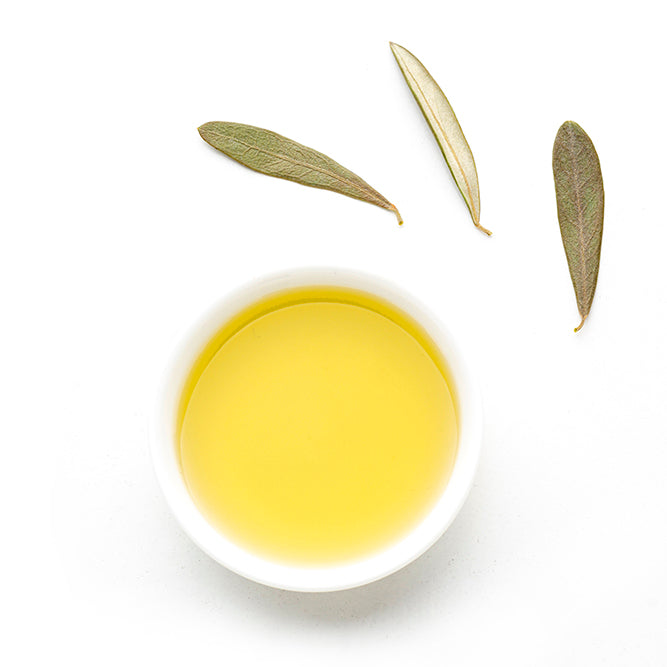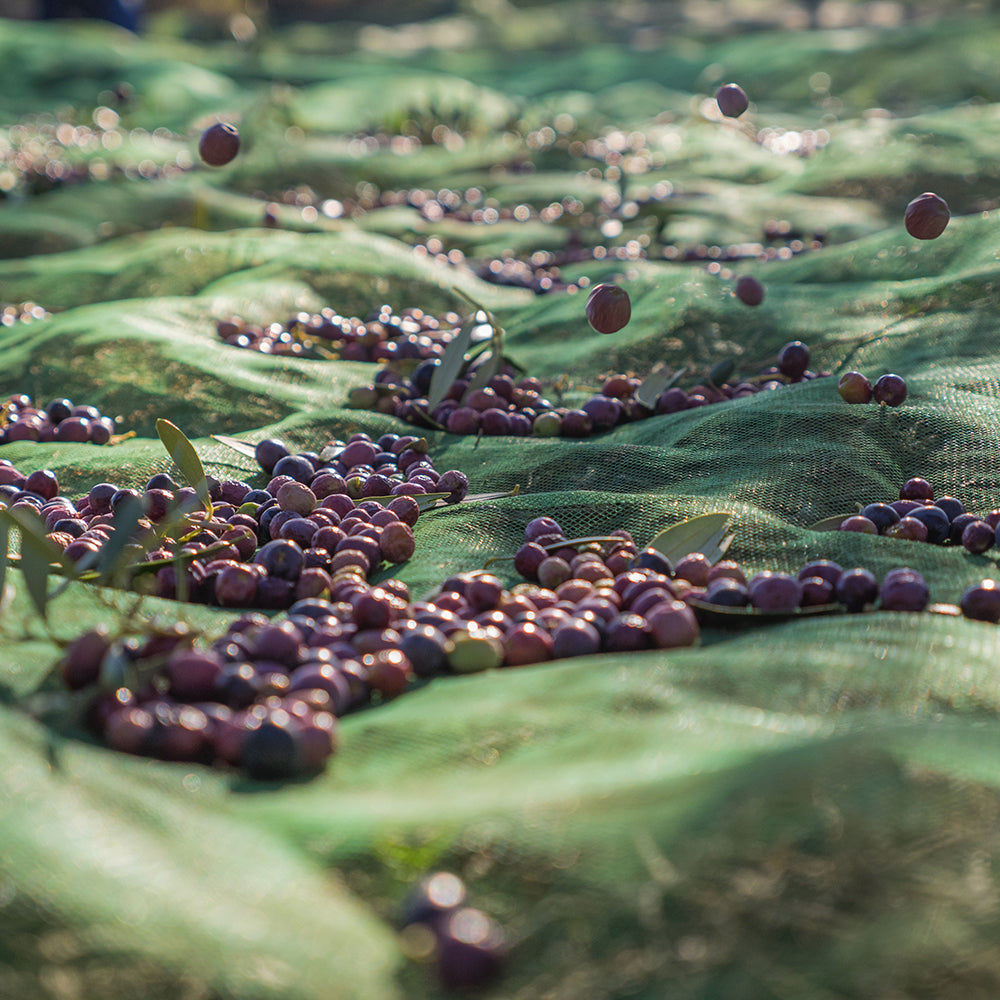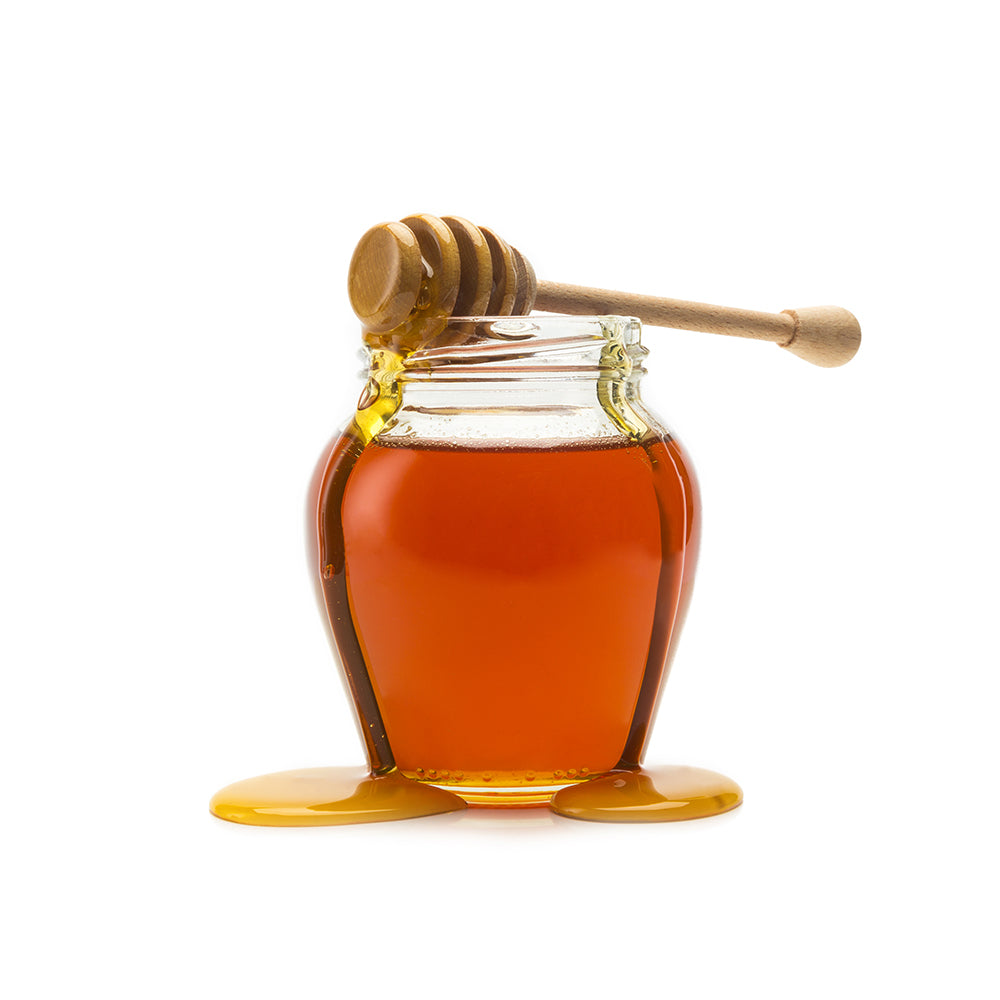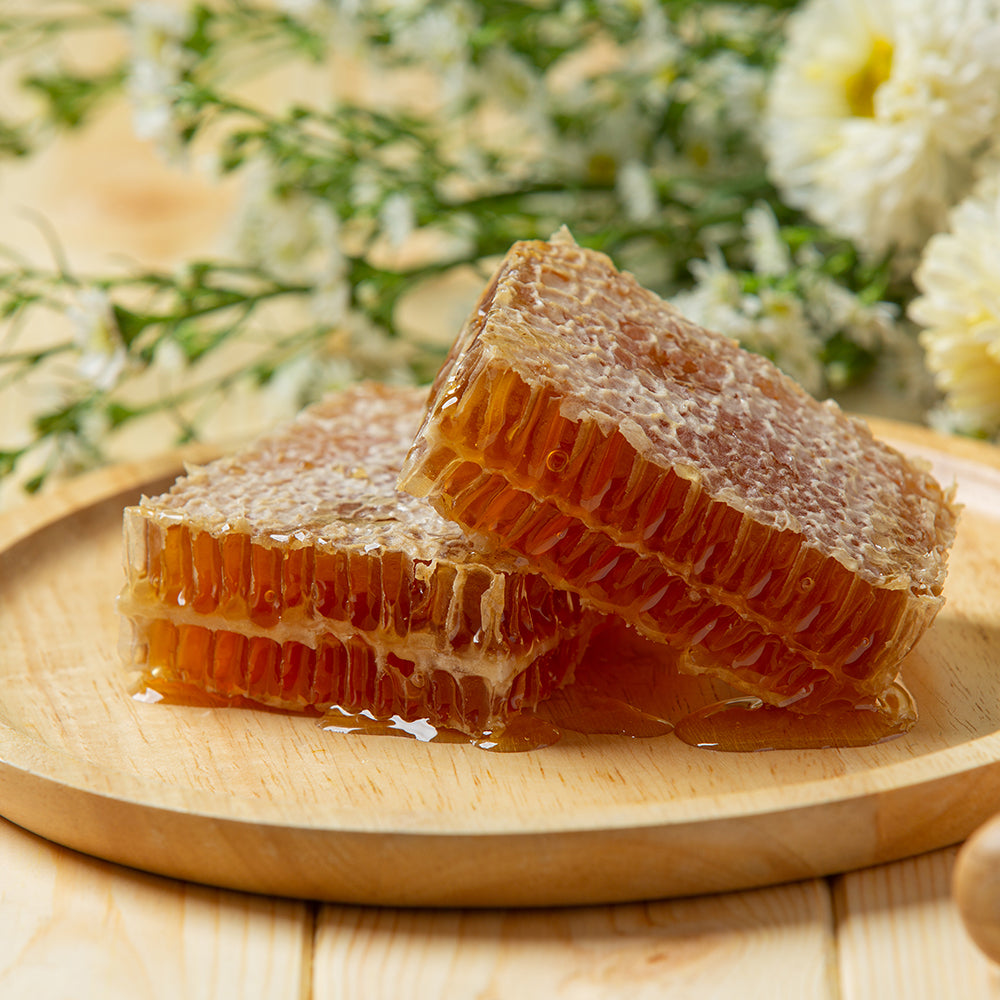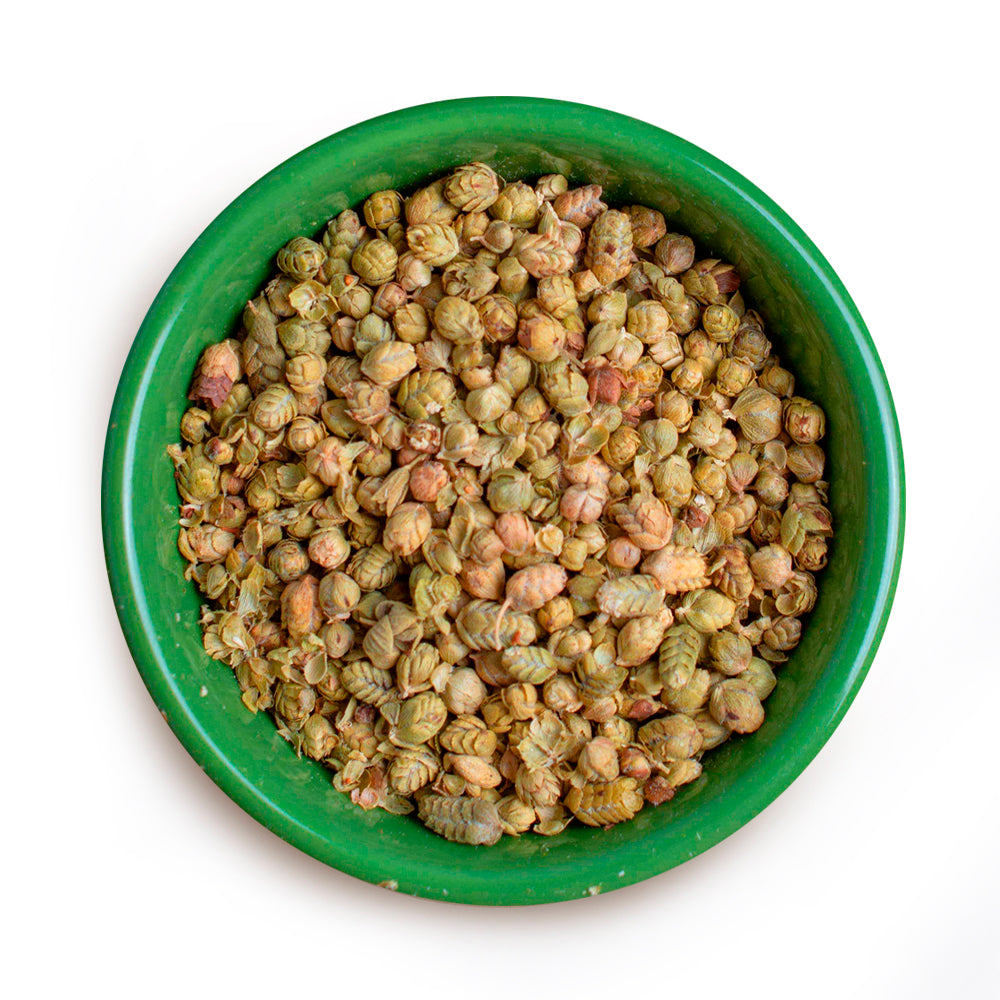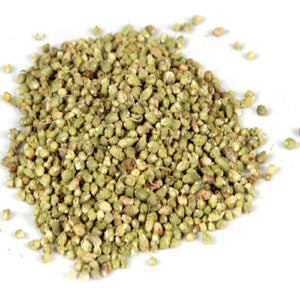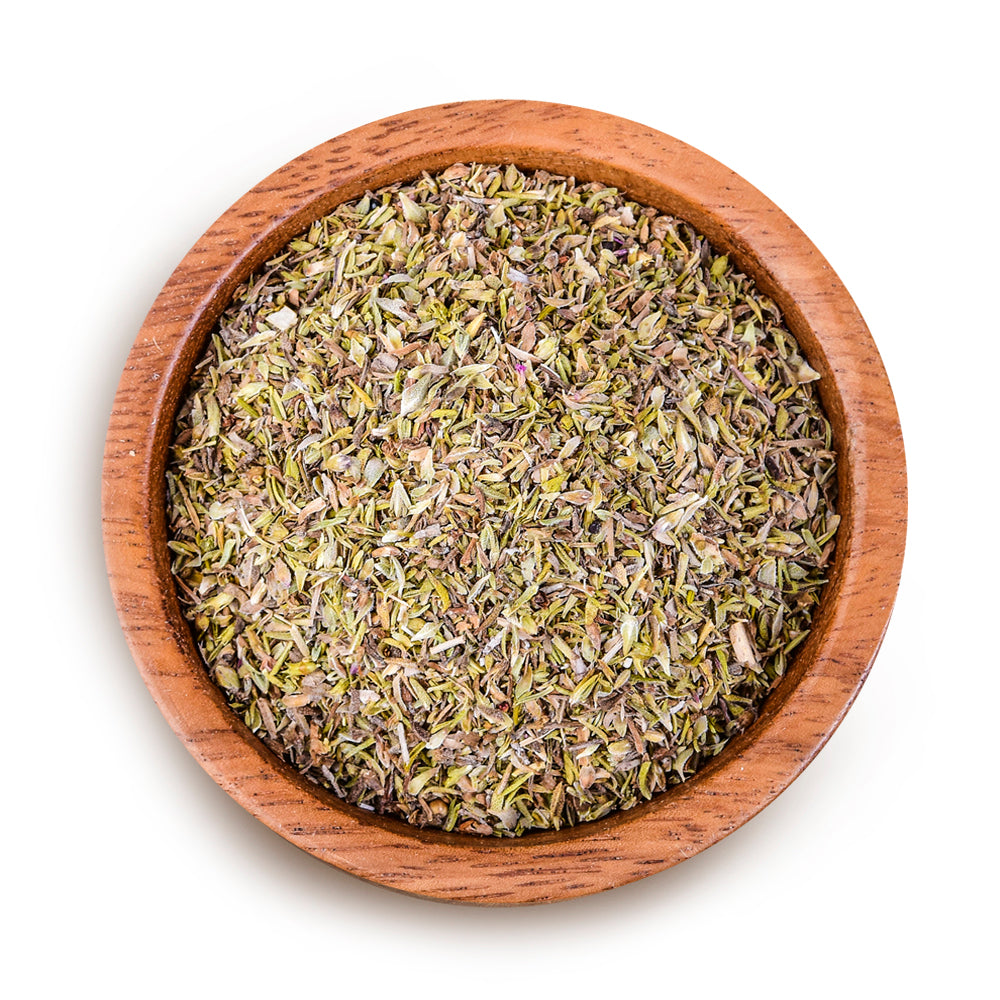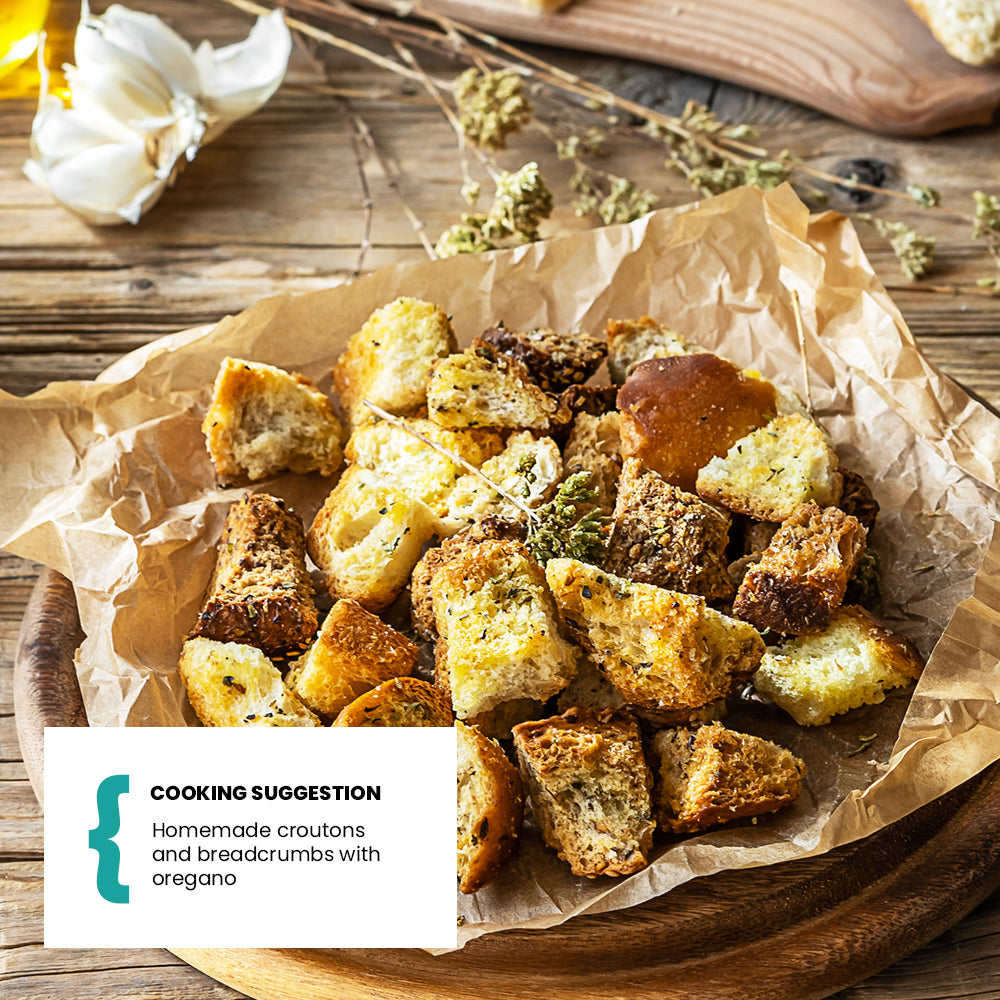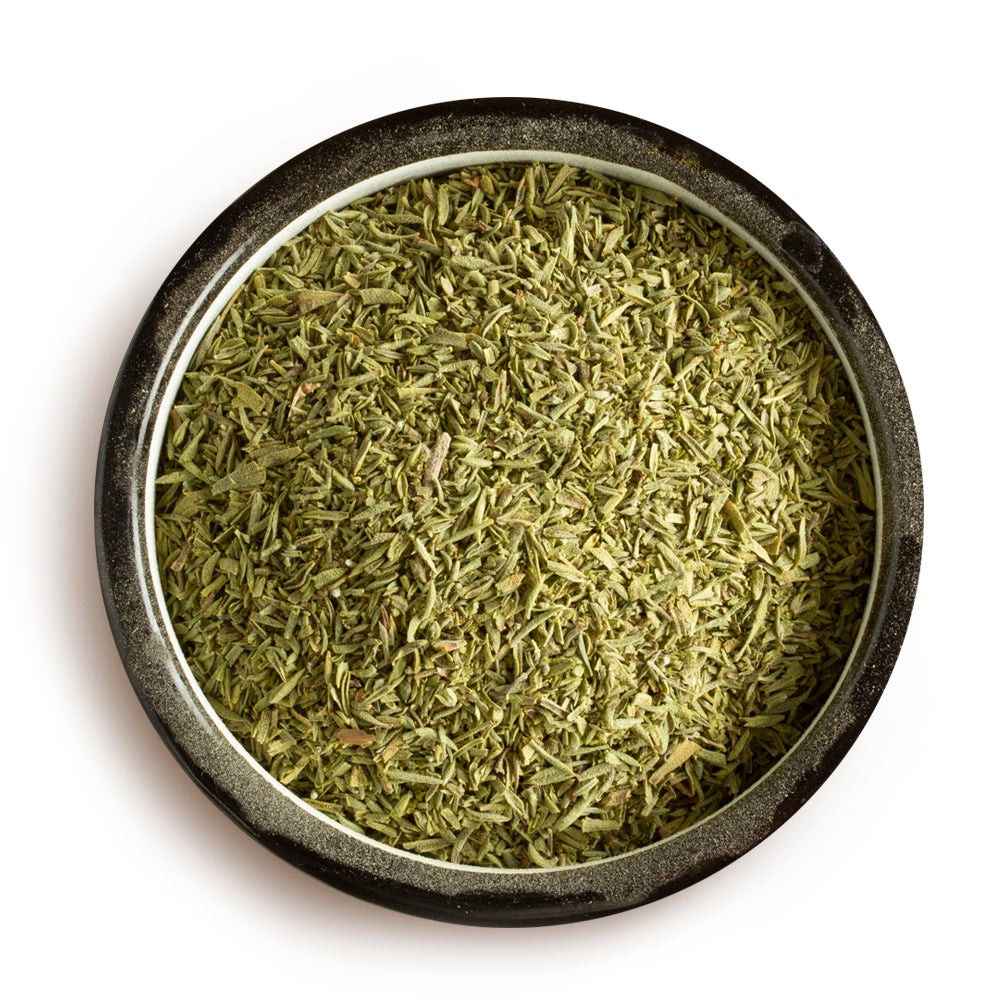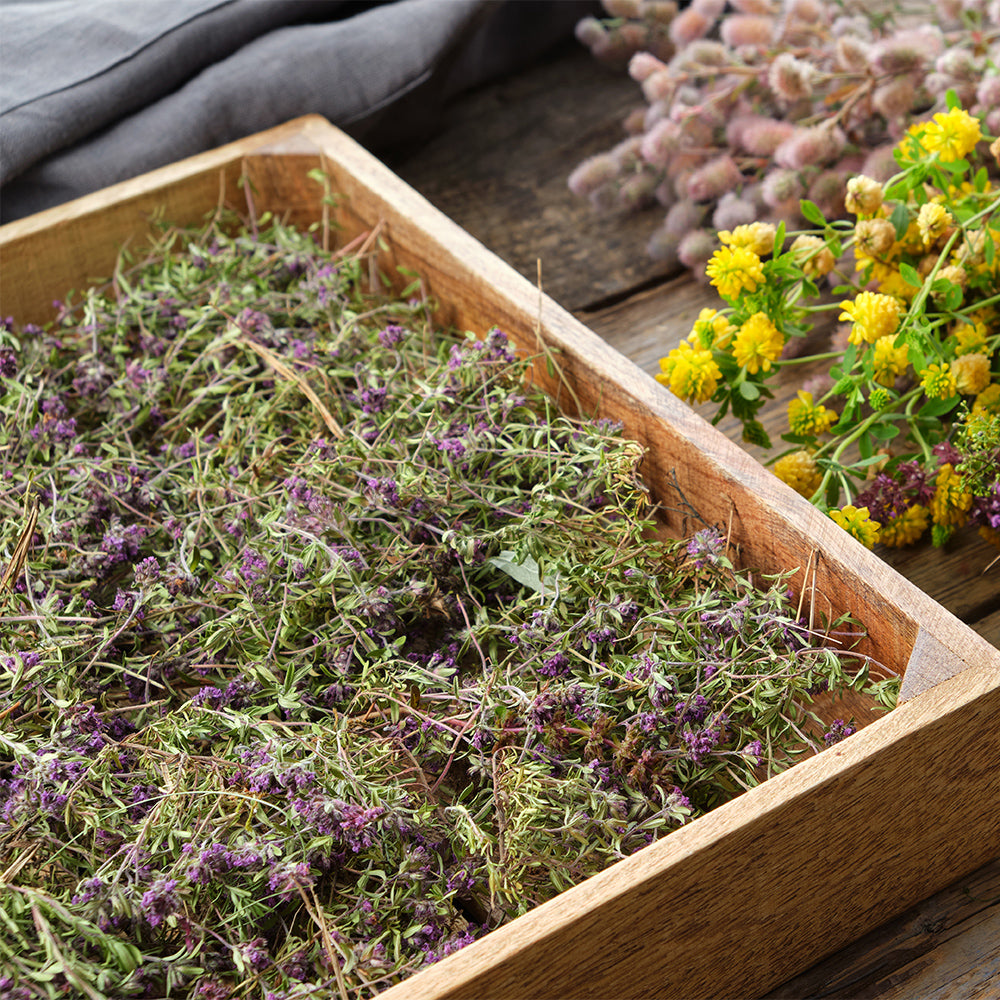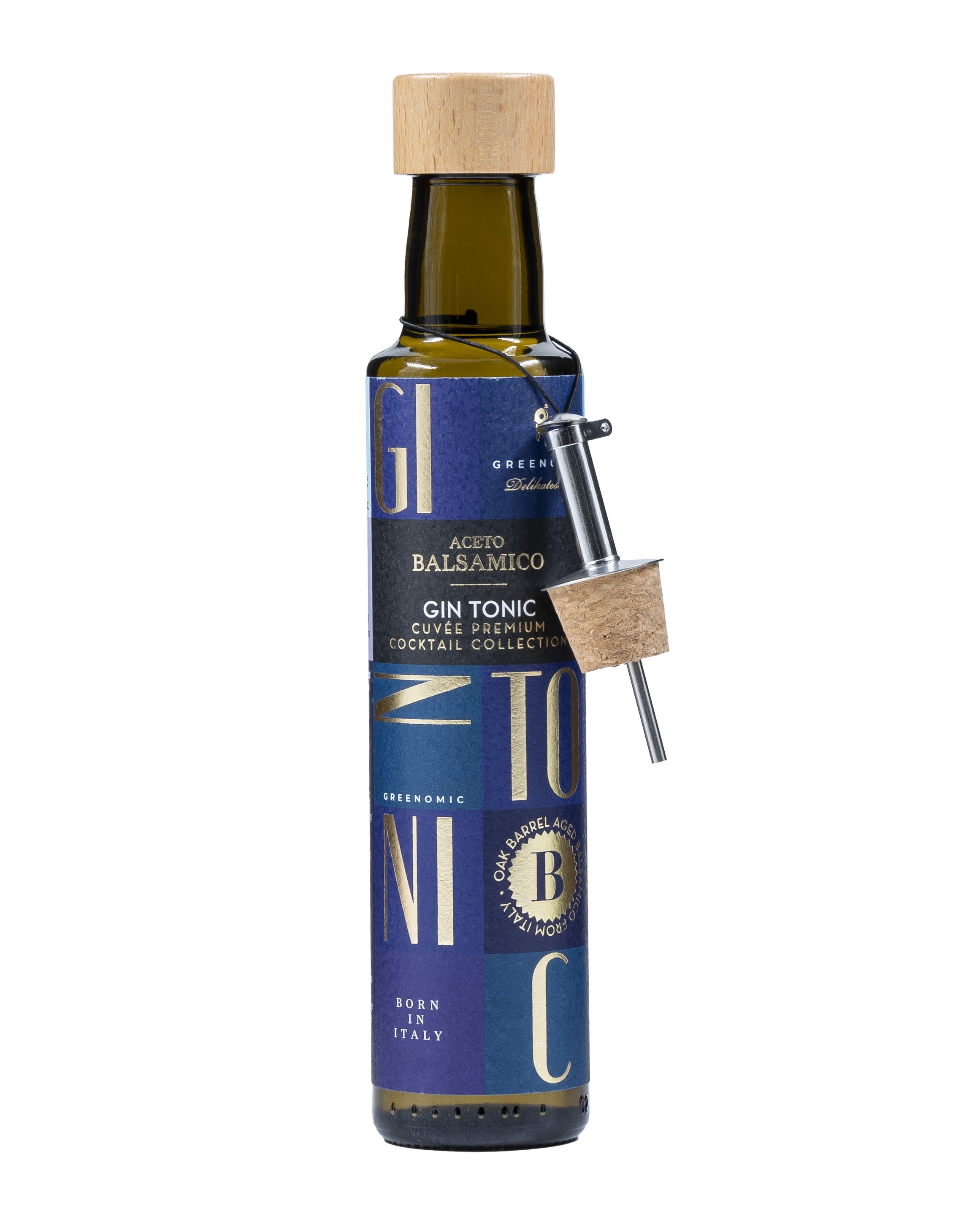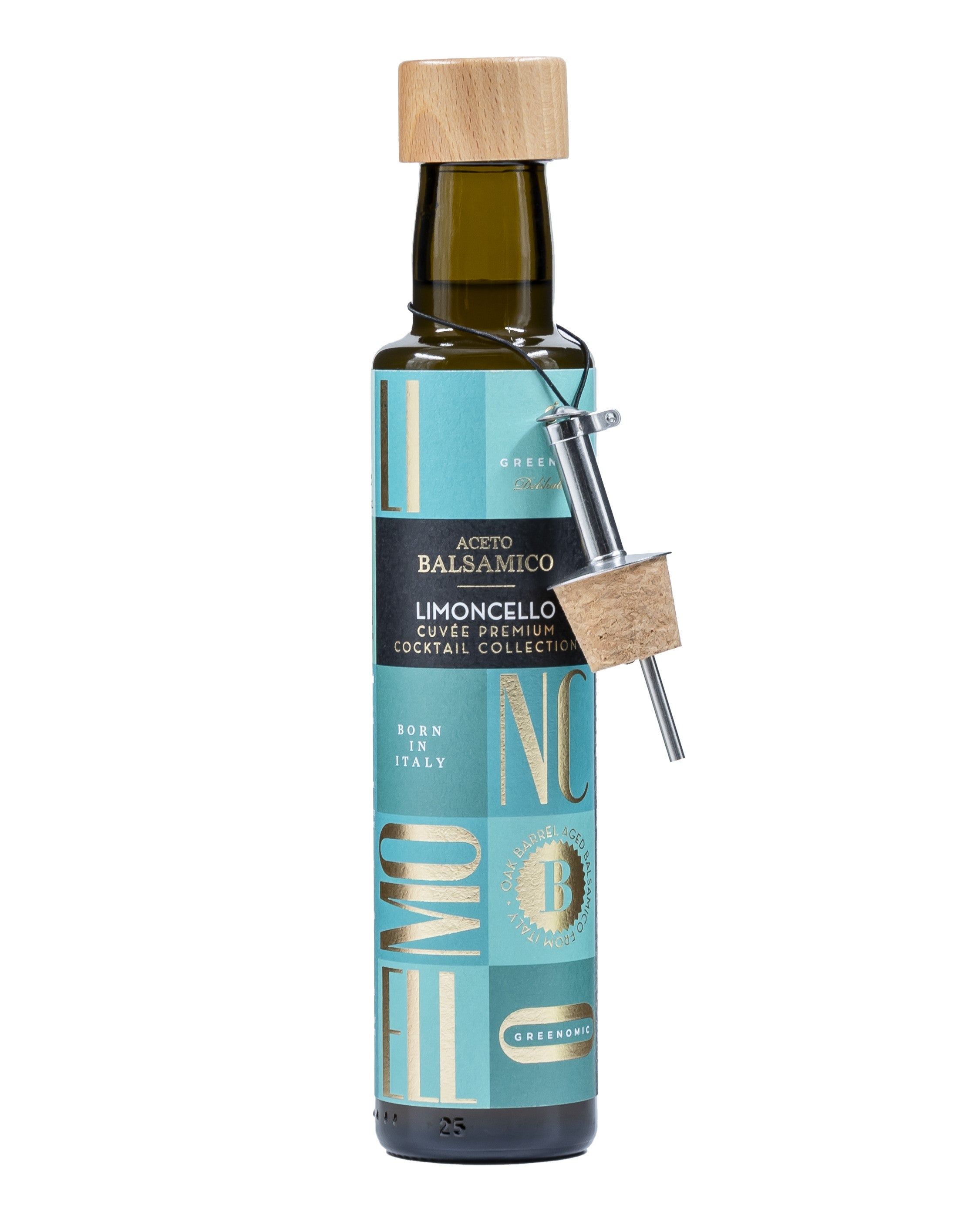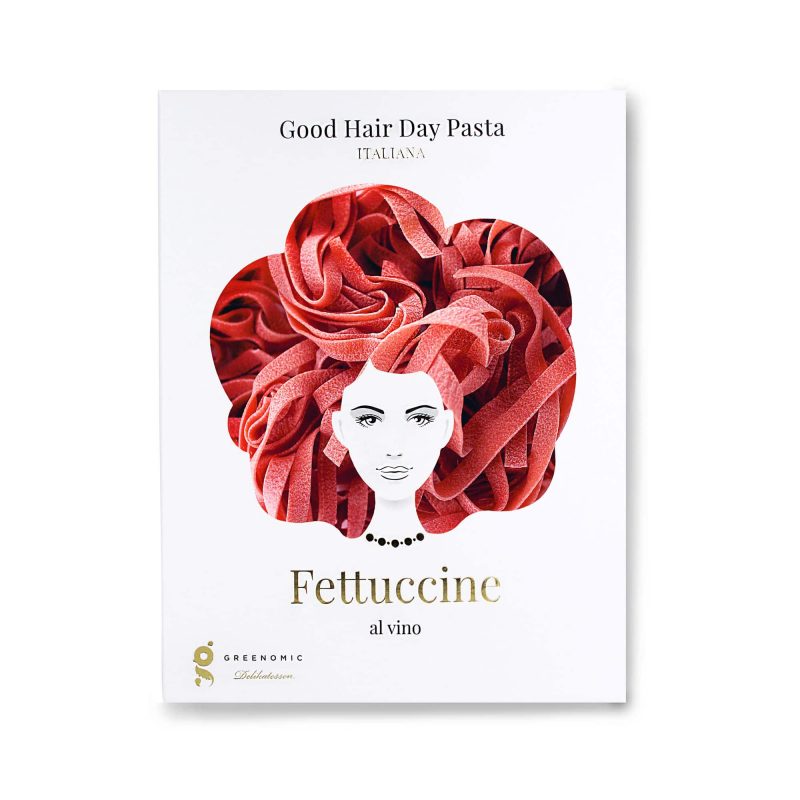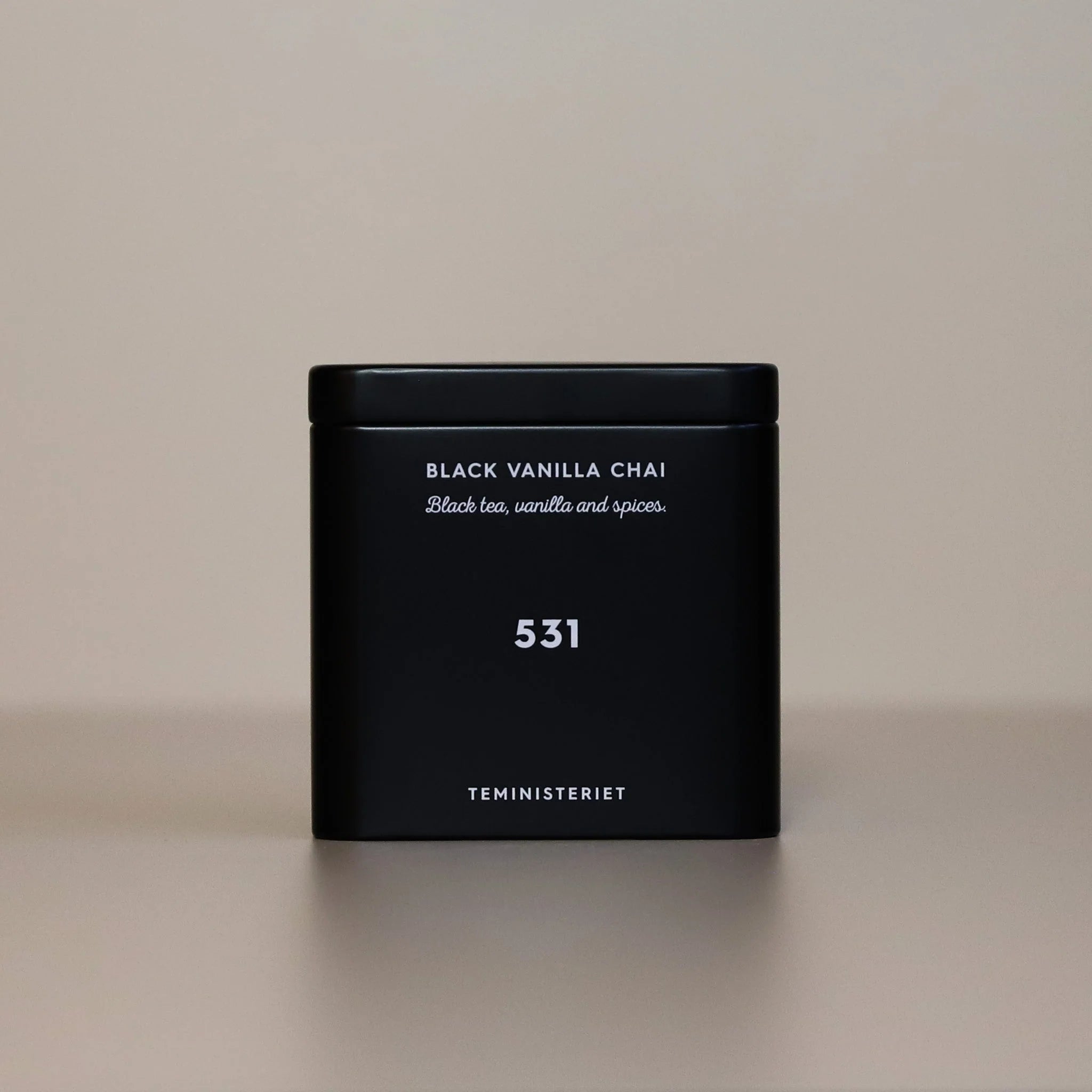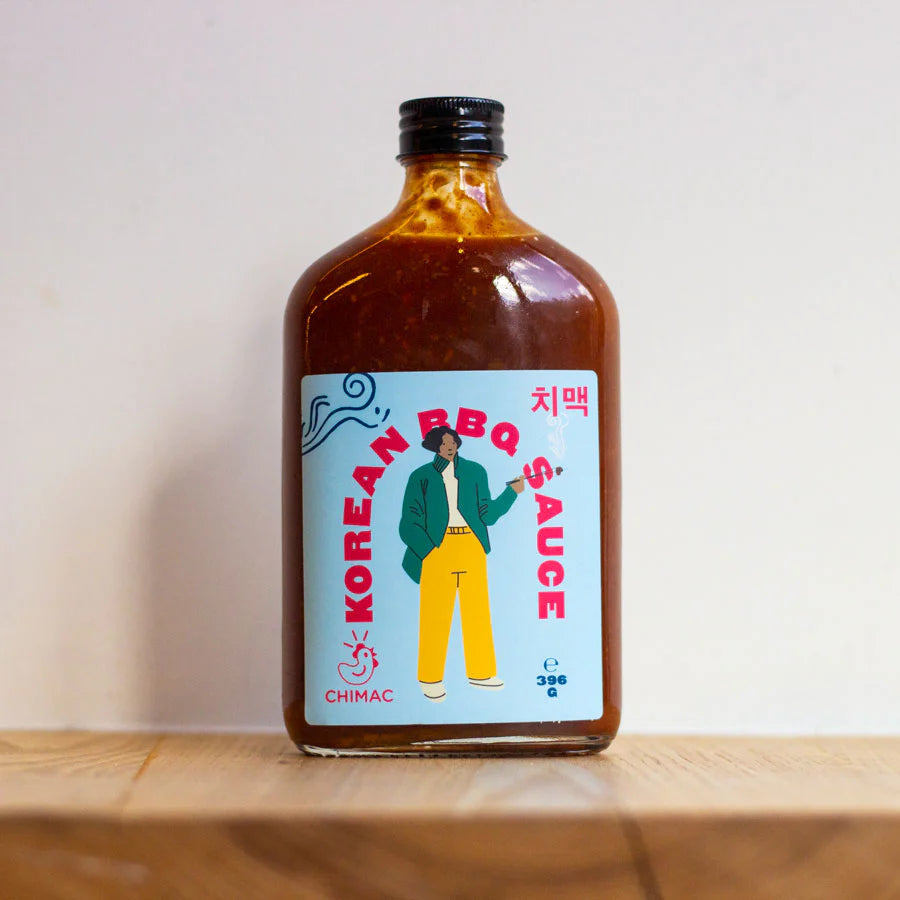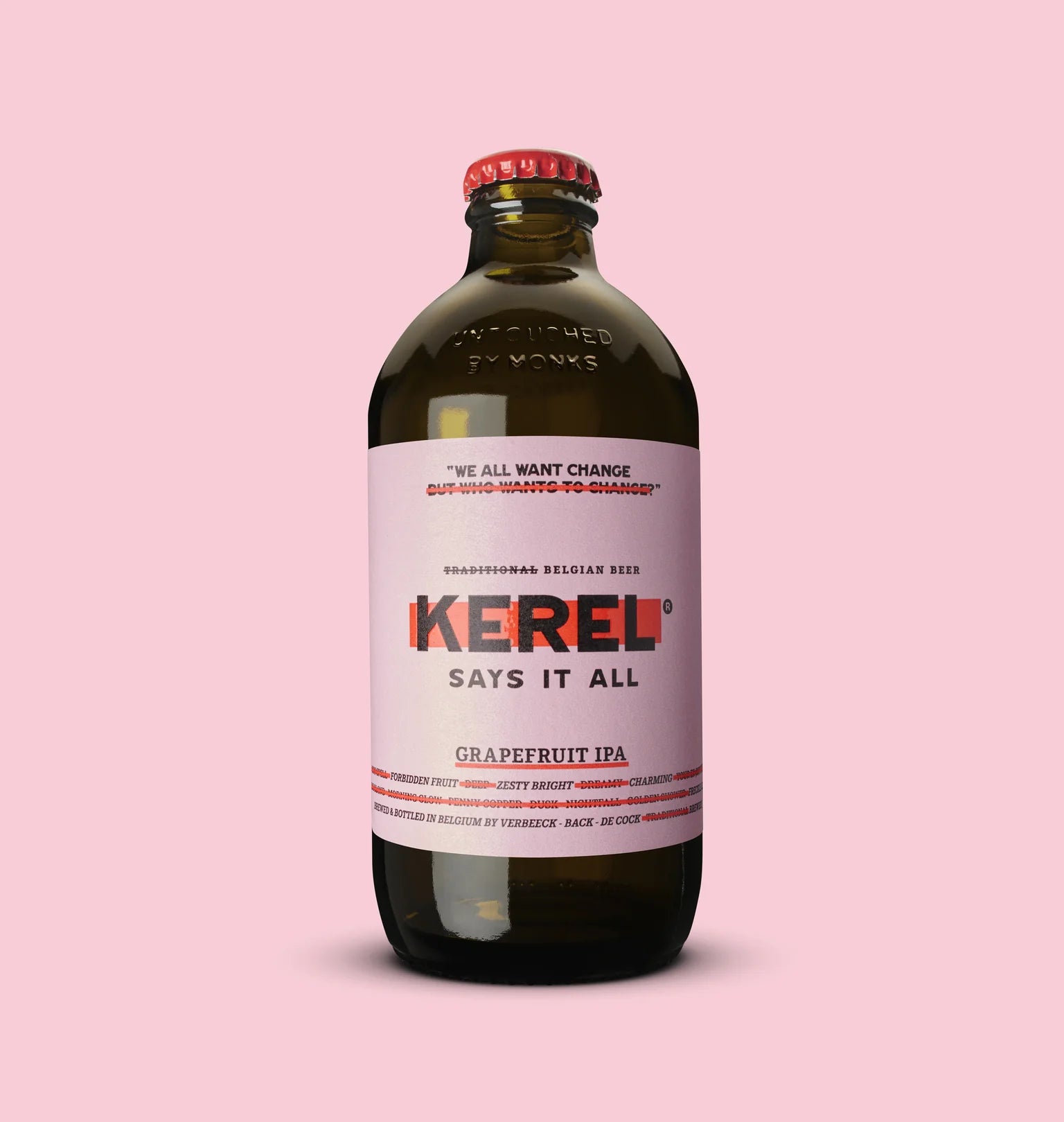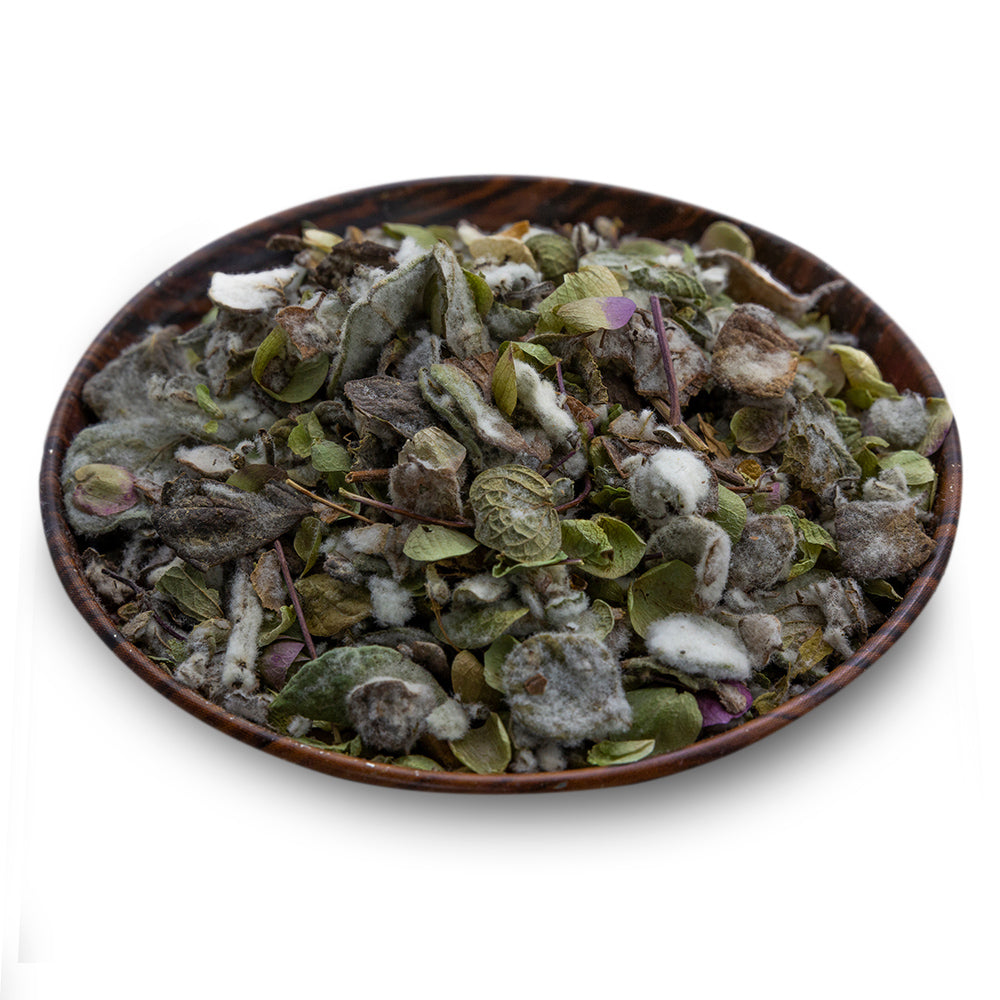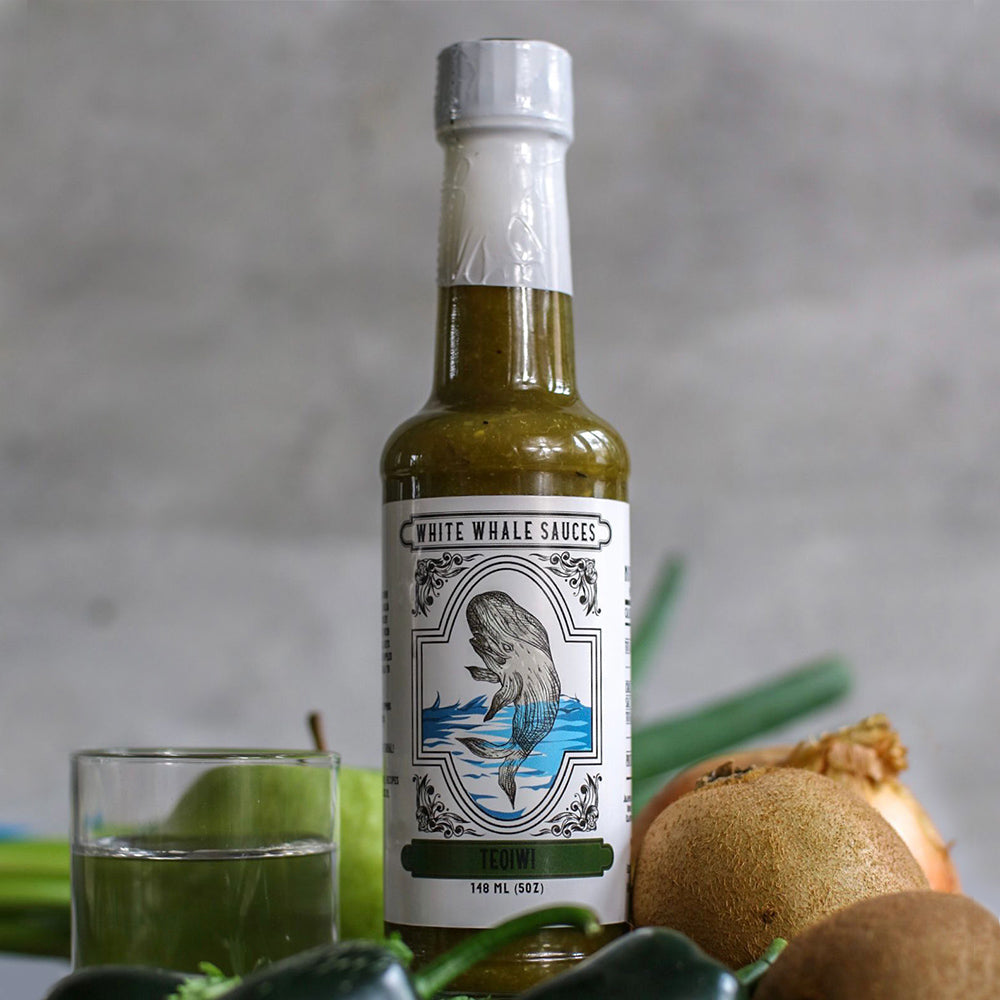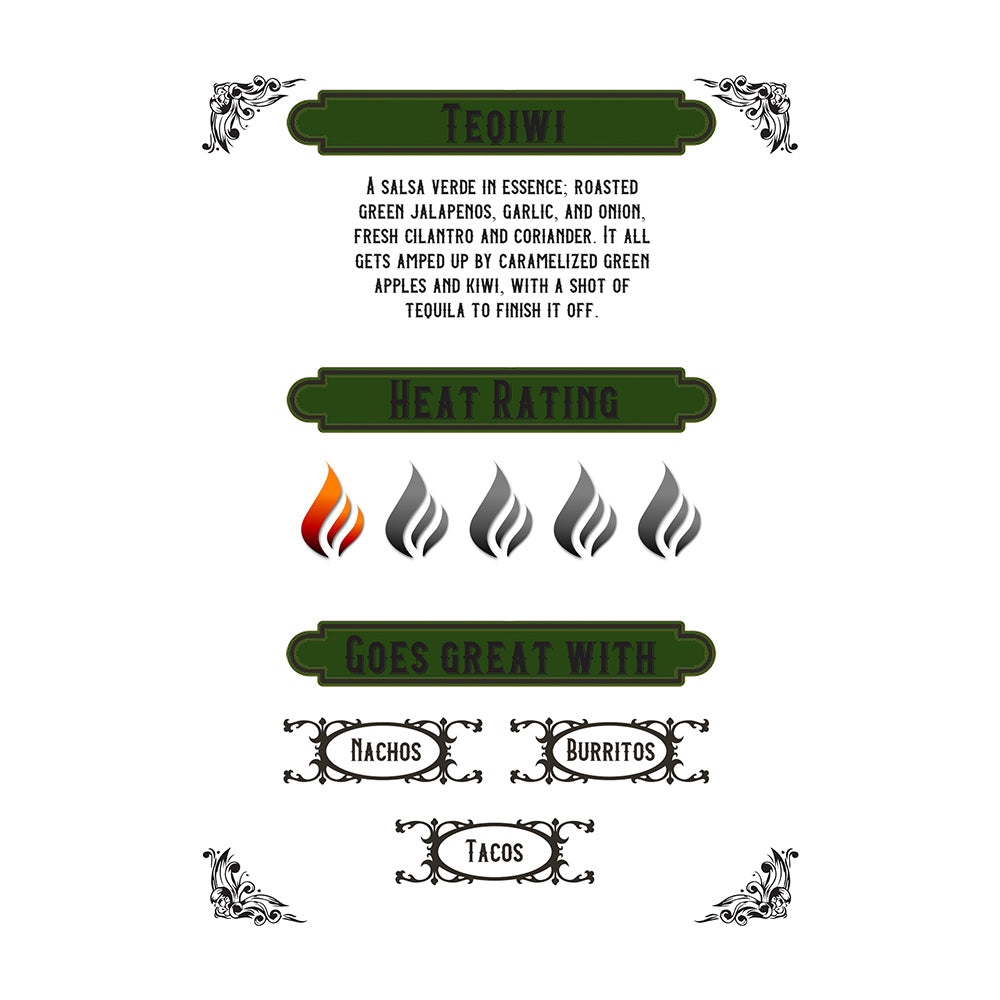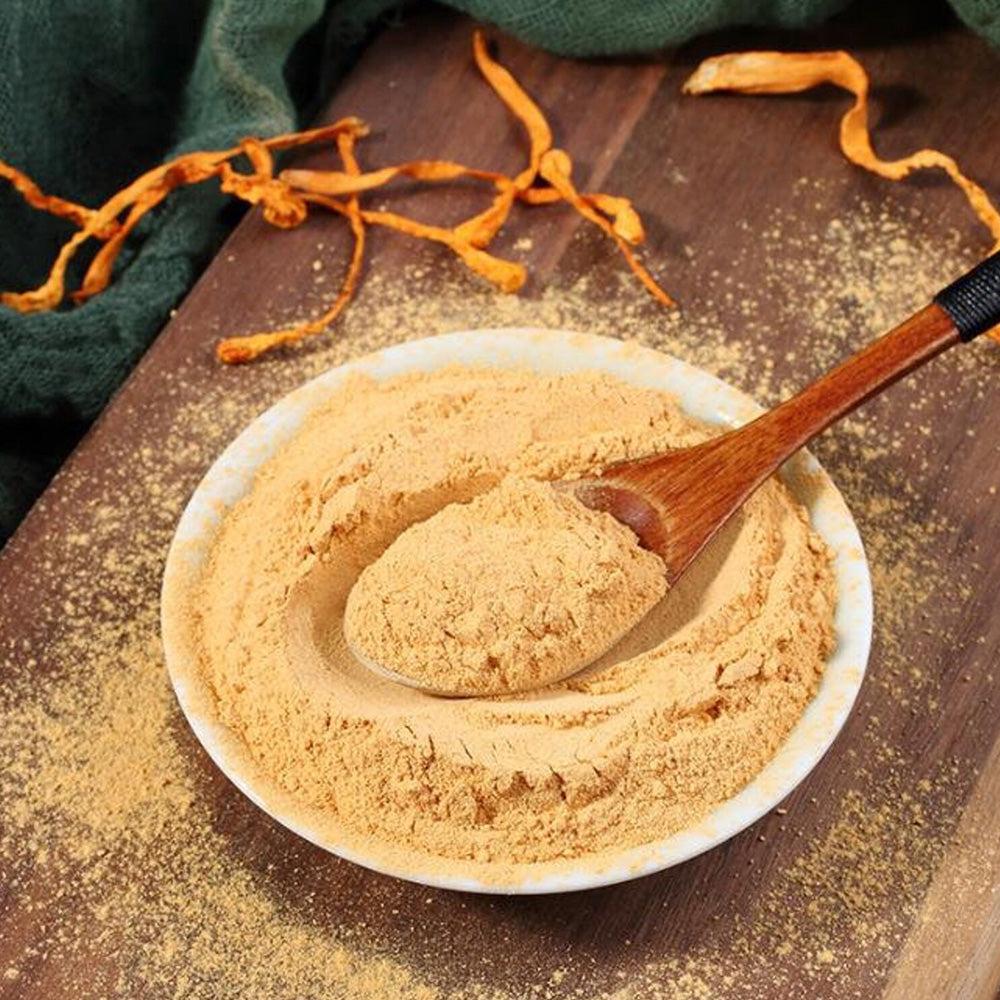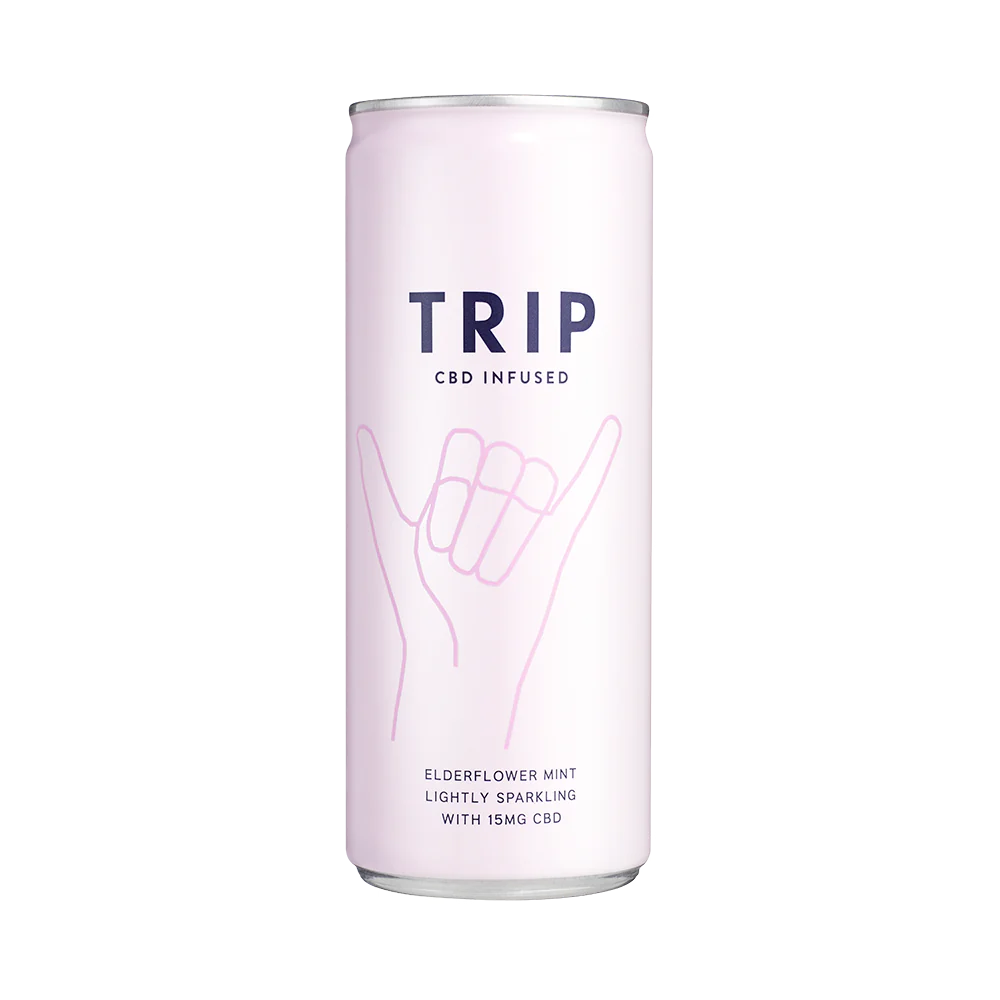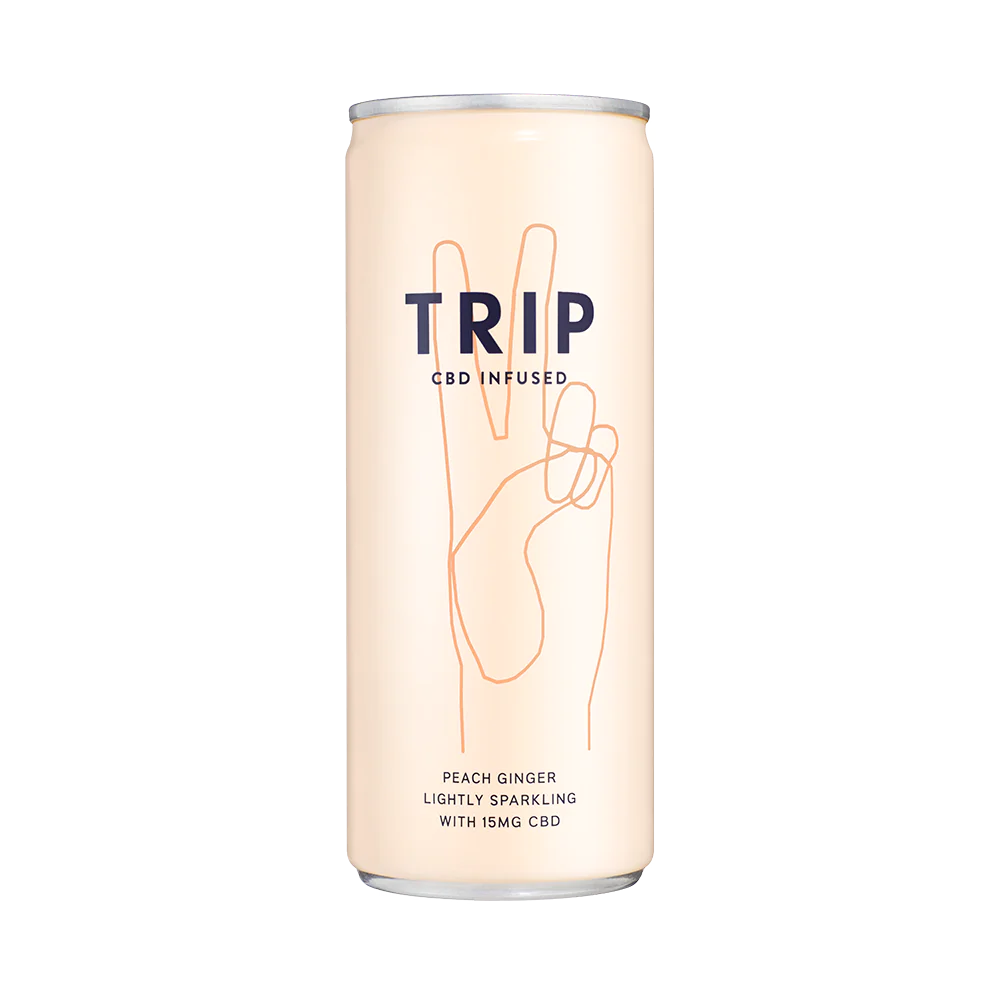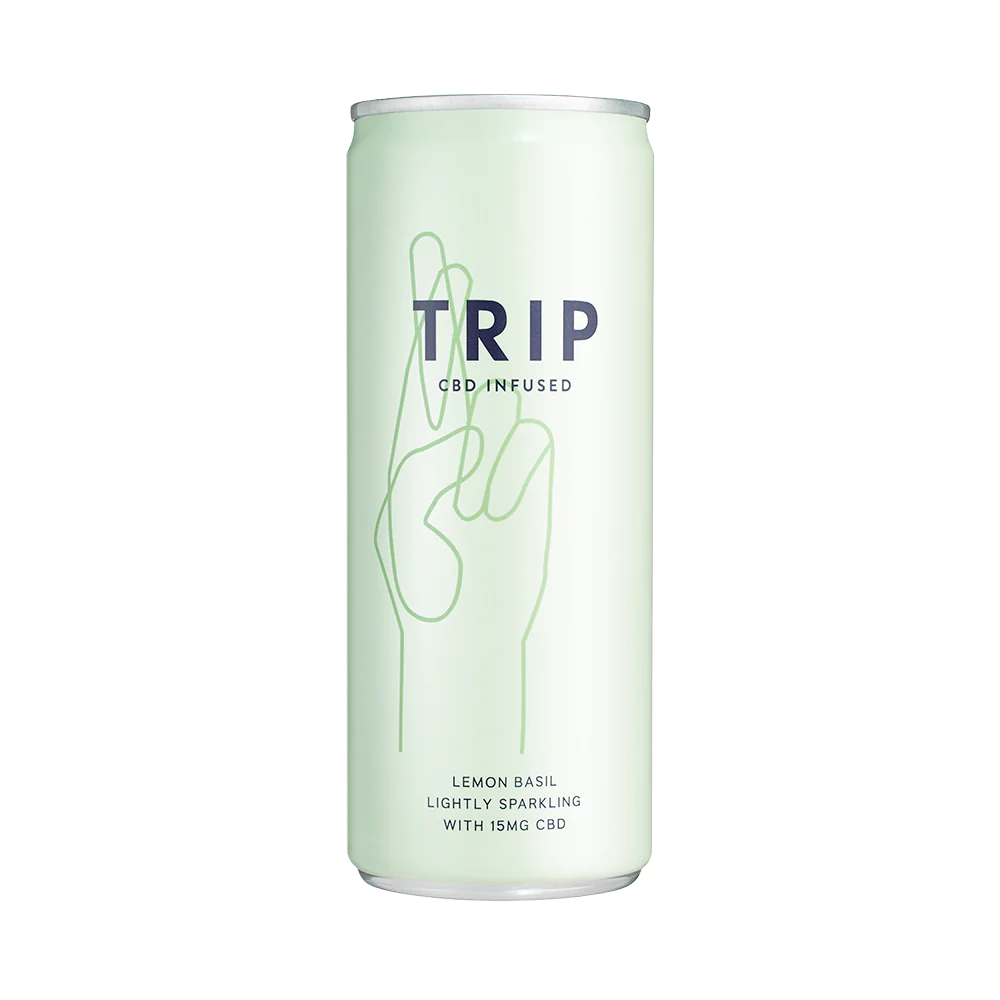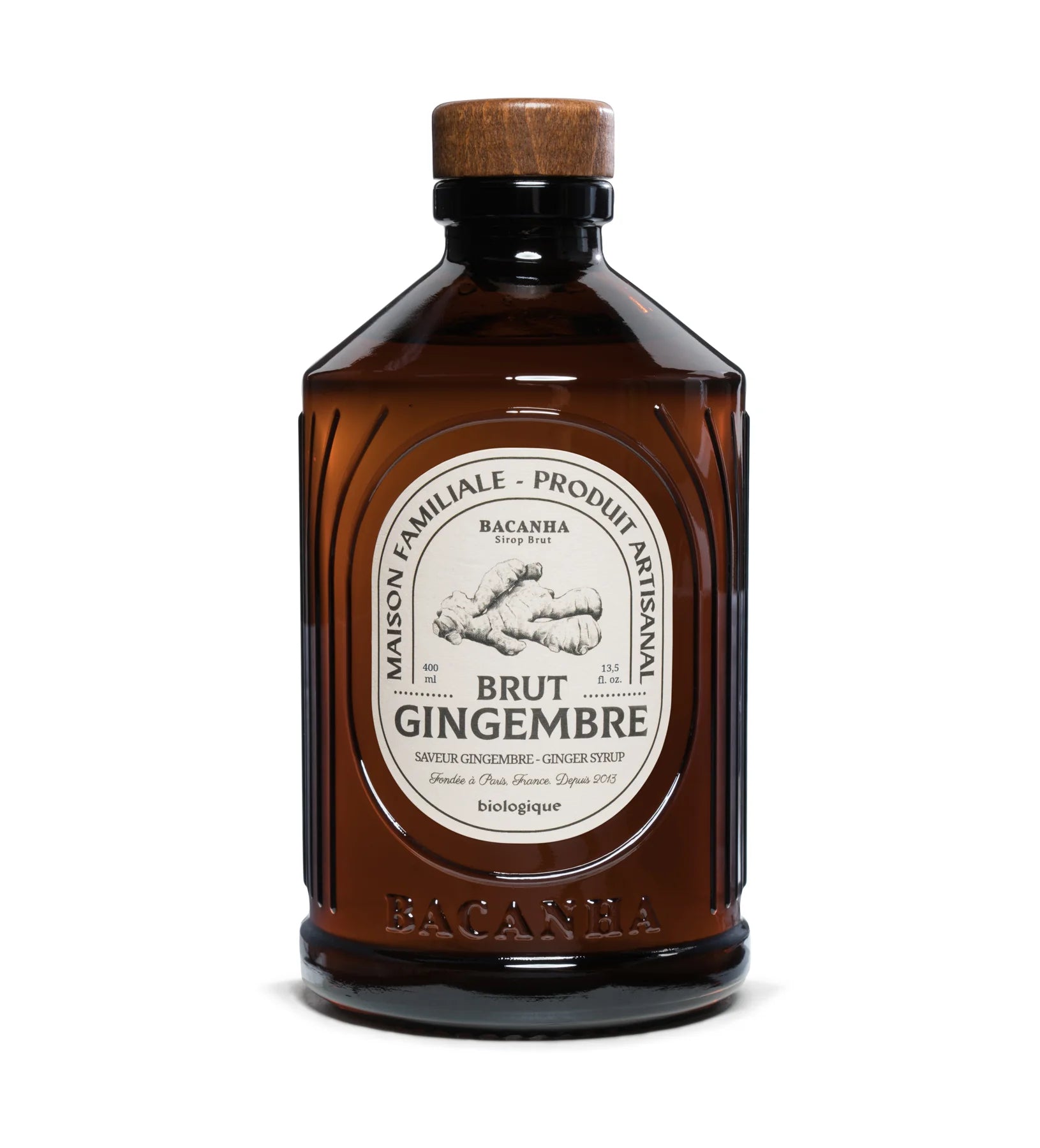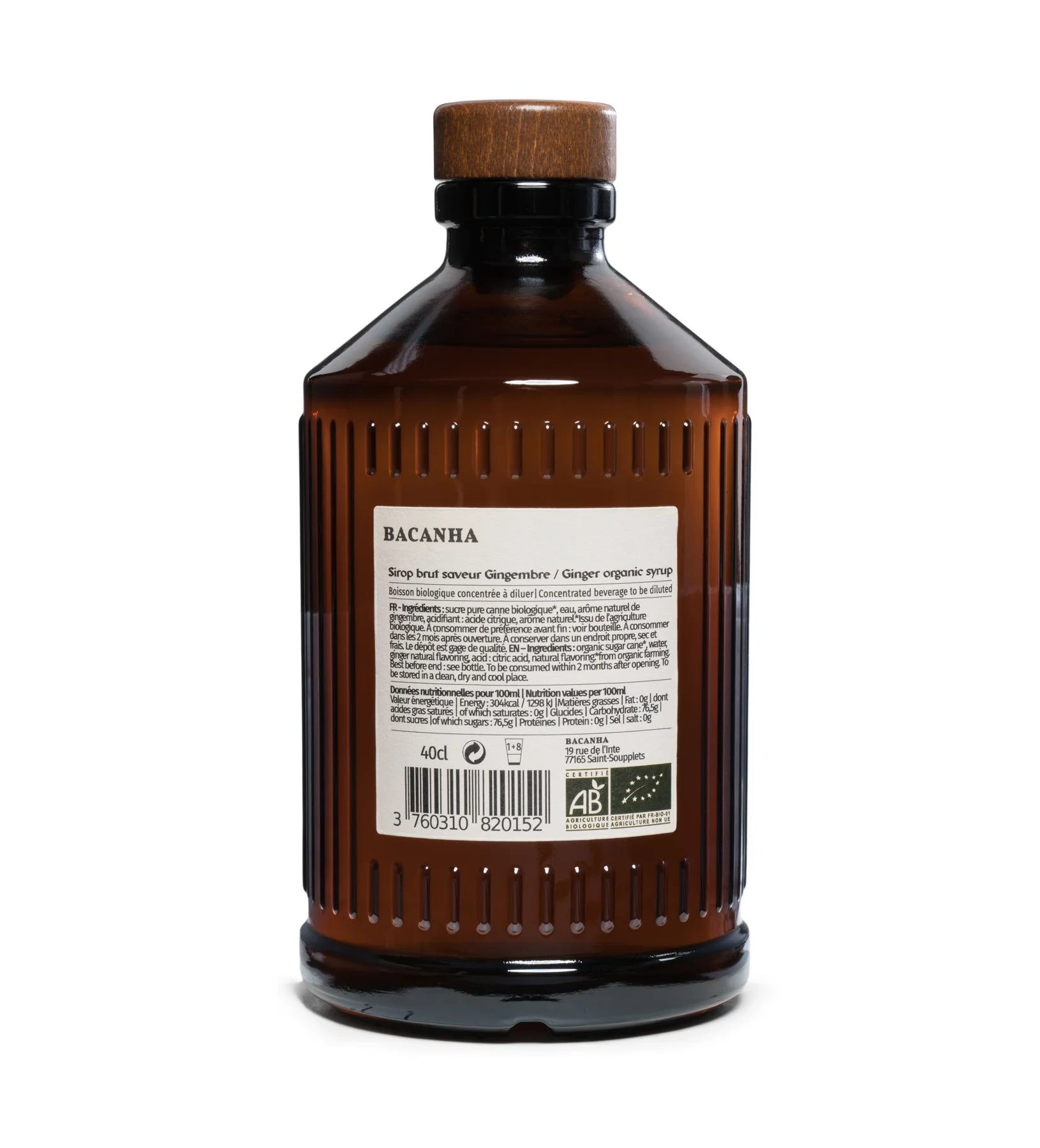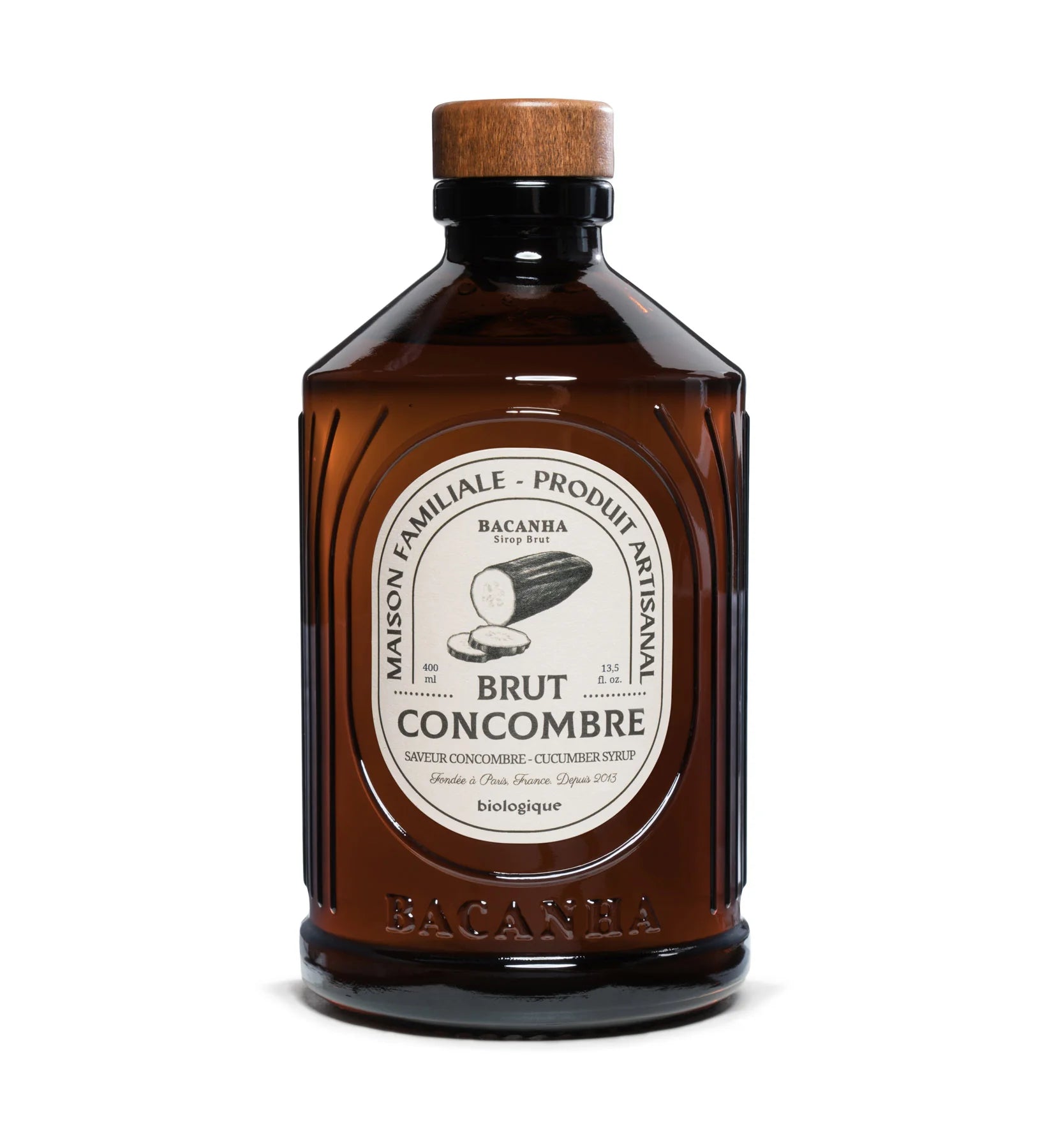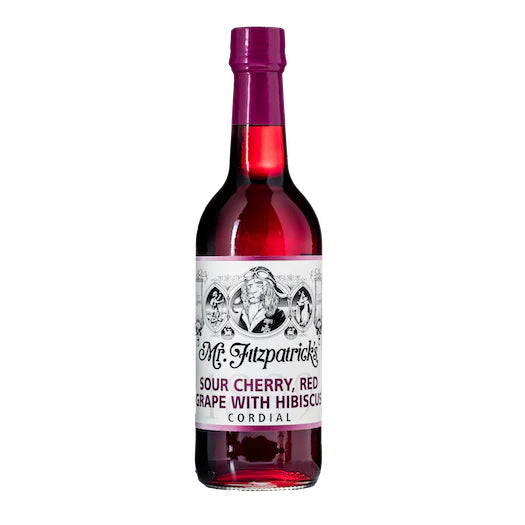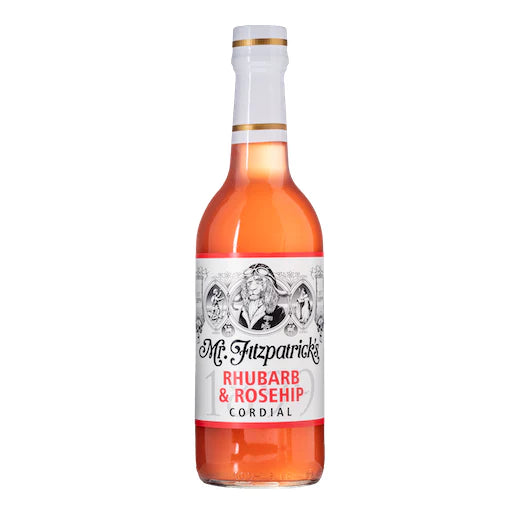About Rosemary Leaves Organic
Our rosemary comes from the island of Crete in Greece and it hand-picked from the south coast of the island. It has a strongly aromatic, warm and peppery, resinous and slightly bitter flavor with notes of pine and camphor. Flowers have a milder flavor than leaves. Rosemary is a perennial herb and a member of the mint family. It is incredibly fragrant, with needle-like leaves (much like an evergreen) and flowers that may be white, pink, blue, or purple. Our suppliers are harvesting the leaves as soon as flowers start to appear and ensure best flavor and most aromatic leaves.
When dried, the herb retains most of its flavor. You can easily crumble the leaves for use.
For centuries, rosemary has been one of the primary herbs used in herbal remedies all over the world. It is widely used as a natural way to boost memory and concentration; Greek students would often braid sprigs of rosemary into their hair in order to help them score well on exams! Its piney and energizing camphor aroma can also lift your mood while helping you to fight mental fatigue and remain alert.
Rosemary is also a natural muscle relaxant, insect repellent, antioxidant and analgesic agent. It stimulates the central nervous system and circulation, while decreasing fatigue and sluggishness.
Rosemary is used widely in cosmetics and skin care products to soften and tone the skin, while the oil is often used as a perfume or room fragrance. It is even burnt as incense and used in cleaning products.
Storage and shelf life
Store organic rosemary leaves in a dry and sealable food storage container – we recommend glass. Keep the container in a cool, dry and dark area out of the sun and heat. Sunlight and heat can reduce the nutritional and flavoring quality of the herb. Keep the container away from liquids that may leak into it.
Organic rosemary leaves, when properly stored, have a shelf life for up to 1 year.
Shipping and delivery
The product is available for delivery and pick up from our store in de Pijp.
The product is delivered in recycled paper bags.
Nutricional information
Per teaspoon (1,2g)
Calories 4
Total Fat 0,2gr
Saturated Fat 0,1g
Trans Fat 0g
Polyunsaturated Fat 0g
Monounsaturated Fat 0g
Cholesterol 0mg
Sodium 0,6mg
Potassium 11mg
Total Carbohydrates 0,8g
Dietary Fiber 0,5g
Sugars 0g
Protein 0,1g
Allergens: No know allergens
How to use
The flavor of rosemary is strong and it’s not diminished by long cooking, so use it judiciously, even in slow stews. It is great ingredient in marinades and sauces in classic Mediterranean recipes. Great for one of our favorite dishes; roasted potatoes! You can also use rosemary to flavor olive oils and cheeses. It marries well with citrus fruits and is used extensively in bread making (Focaccia!).
Due to its tea-like aroma, similar to charred wood makes it a great herb for barbecued dishes. When roasting rosemary leaves with meats or vegetables, they produce a distinctive mustard-like aroma. Dried rosemary leaves often used in traditional Greek and Italian recipes and is a must in minestrone soup. Rosemary is also great in stuffing, marinades and sauces.
One tablespoon of fresh rosemary leaves, would equal about one teaspoon of the dried herb.
Flavor Pairings
Poultry, rabbit, pork, lamb, veal, fish, eggs, lentils, squash, eggplants, cabbage, tomatoes, mushrooms, parsnips, potatoes, onions, oranges, apricots, cream cheese. It is an integral part of the classical herb mixtures “bouquet garni” and “herbes de Provence”.
Other interesting information
The name rosemary is derived from the Latin “rosmarinus”, where “ros”, meaning dew, and “marinus”, meaning sea. This probably comes from the fact that rosemary bush is native to the seaside regions of North Africa and the Mediterranean. Hence the ancient saying that rosemary grows “where one can hear the sea”. The herb has been considered sacred from ancient Egyptians, Greeks and Romans. Rosemary was often burnt on altars to the ancient gods. It’s scent conveyed people’s supplications to the gods. In ancient Eygypt, it was the plant which scented not only the world of living but also that of the dead.
